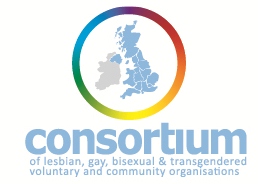Researcb into inequalities in mental health in lesbian, gay, bisexual and transgender (LGBT) people in England.
Extract from Website
PACE has been funded by the Big Lottery to undertake a major research study on inequalities in mental health in lesbian, gay, bisexual and transgender (LGBT) people in England. The project, entitled the RaRE study, Risk and Resilience Explored is being undertaken at PACE in partnership with academics from Brunel, Aston and South Bank Universities. The study started in 2010 and was completed in 2015.
Background to the project
Research has shown that compared to their heterosexual counterparts:
- LGBT youth are more likely to attempt suicide (Remafedi et al., 1998; Zhao et al., 2012)
- Lesbian and bisexual women are more likely to have drinking problems (Cochran and Mays, 2009; King et al., 2008; Rosario, 2008; Hunt and Fish, 2008)
- Gay and bisexual men are more likely to have body image disorders (e.g. Kaminski et al., 2005)
Project Aims
The overall aims of the study are to improve mental health support for LGBT people by influencing local and national policy and practice. The study aims to answer the following questions regarding the above health inequalities:
- Which LGBT people are experiencing these problems?
- What are the predictive (risk) factors for these problems?
- What protective (resilience) factors seem to prevent people from experiencing these problems?
- Are the predictive and protective factors different between LGBT and heterosexual people?
- Comparing predictive and protective factors for LGBT people between problems, what similarities and differences exist?
- What interventions might be effective to help reduce these health inequalities?
Methodology
There are several key stages to the study:
- A stakeholders survey regarding perceived needs in regards to LGBT mental health care
- A literature review to identify existing research and knowledge
- In-depth interviews with a sample of LGBT people who suffered from the problems under study
- A survey of LGBT and non-LGBT people who have experienced these problems;
- In-depth interviews with people whose experience does not match what is expected
- Dissemination
- Change support programme









